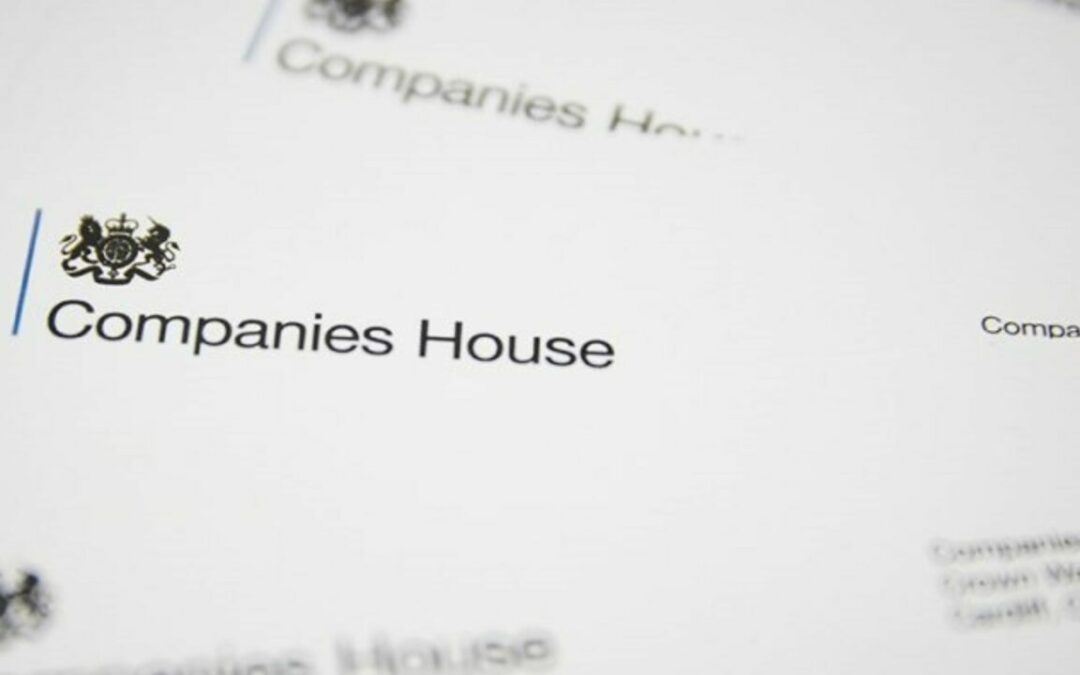What is Inflation? Inflation measures the change in prices of goods and services in the economy. When inflation drops, prices are rising more slowly than before.
Benefits for Individuals
Lower inflation and wage growth make the cost of living more affordable. This means:
- Increased Purchasing Power: You can buy more with the same amount of money.
- Better Savings: With lower costs, you can save more.
- Improved Quality of Life: More disposable income allows you to enjoy a better lifestyle.
Economic Advantages
- Stable Purchasing Power: When prices rise slowly, people can budget effectively, encouraging spending and investment.
- Business Growth: Businesses thrive in a stable environment, leading to more job opportunities and innovation.
- Global Competitiveness: A stable economy attracts foreign investment, leading to better trade deals and a stronger economy.
Impact on Businesses
For businesses, lower inflation means:
- Stable Costs: Prices for materials and services do not rise sharply, reducing the need to increase customer prices.
- Predictable Planning: Businesses can make plans more confidently, such as investing in new projects or expanding operations
Effects on Mortgages
Inflation impacts mortgage rates indirectly through the Bank of England’s base interest rate, which remains at 5.25%. Here’s how:
- Market Expectations: If inflation is expected to rise, markets anticipate higher interest rates, leading to higher mortgage rates.
- Falling Inflation: If inflation drops faster than expected, it can lead to lower market expectations for future interest rates, potentially reducing mortgage rates.
As shared above, lower inflation has wide-reaching benefits. While we hope these changes bring relief, the real impact remains to be seen. Given the high prices we’ve all been facing, let’s hope this dip benefits us all.






